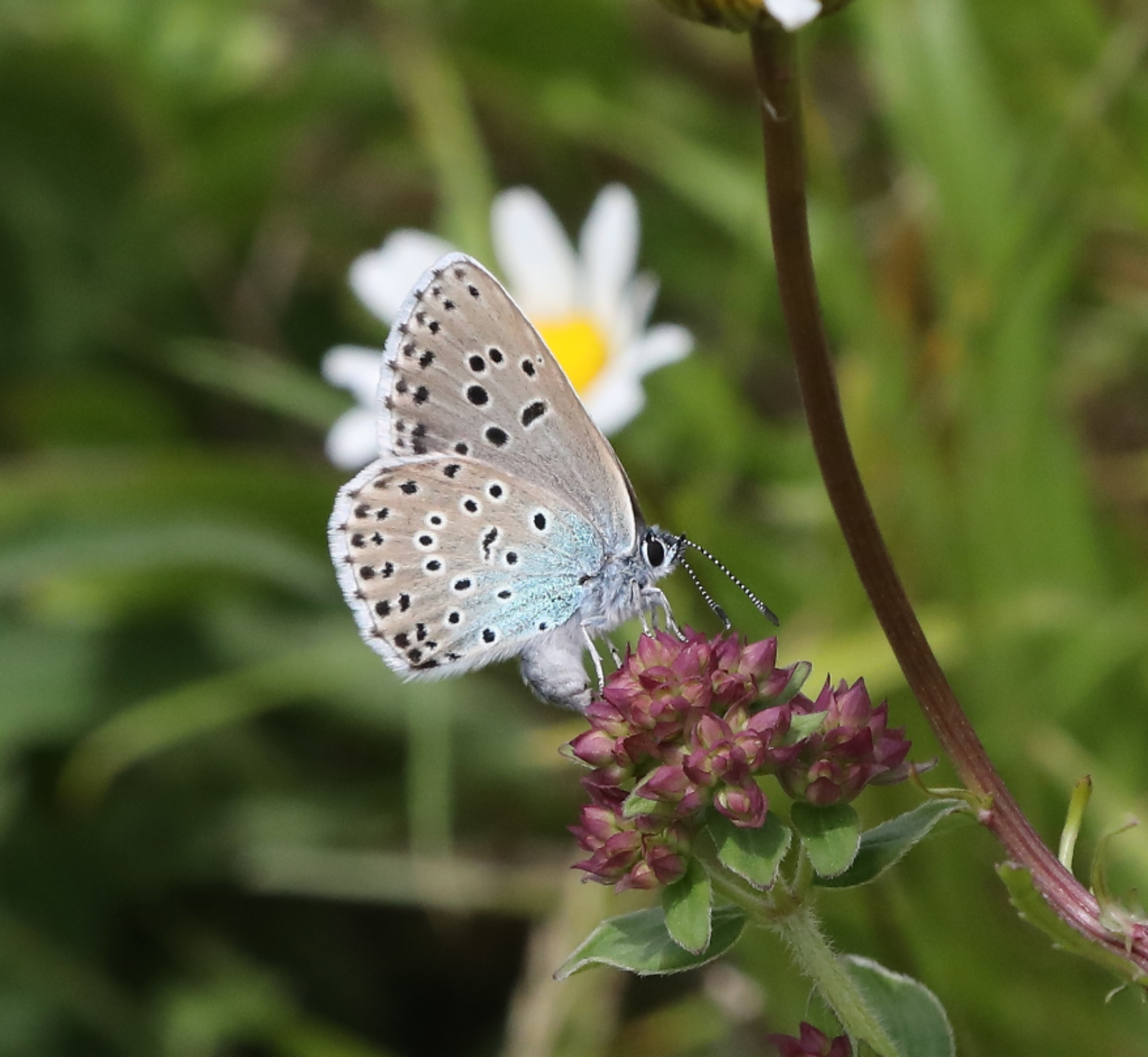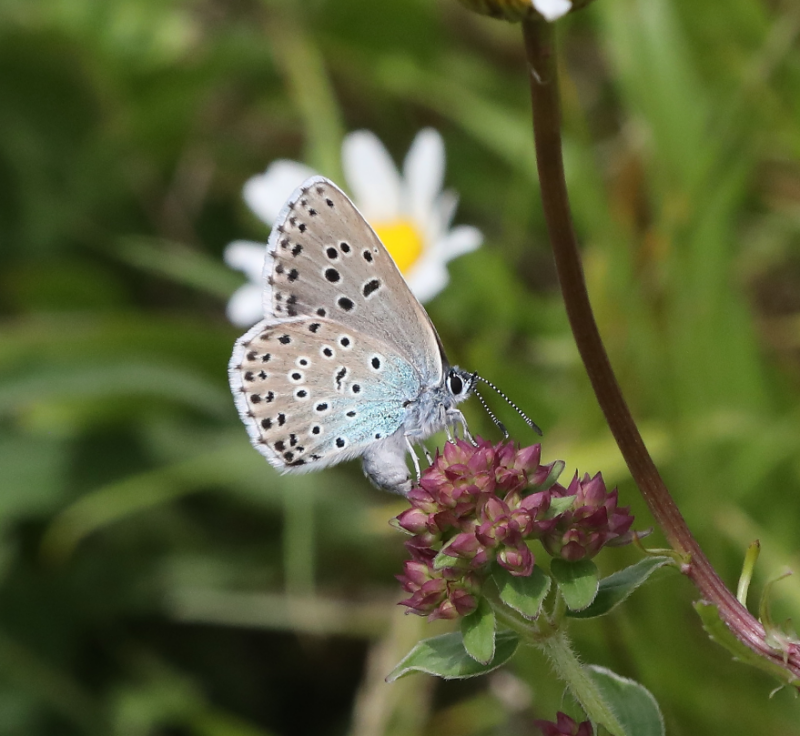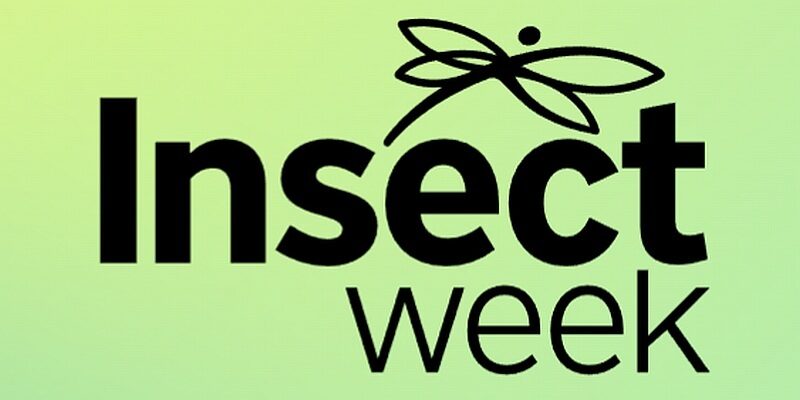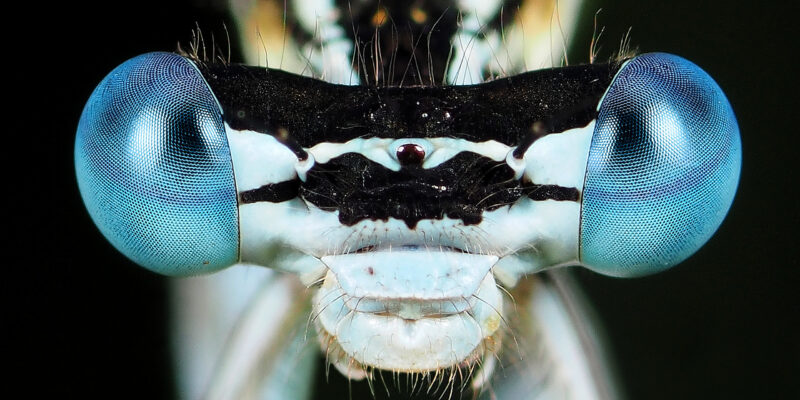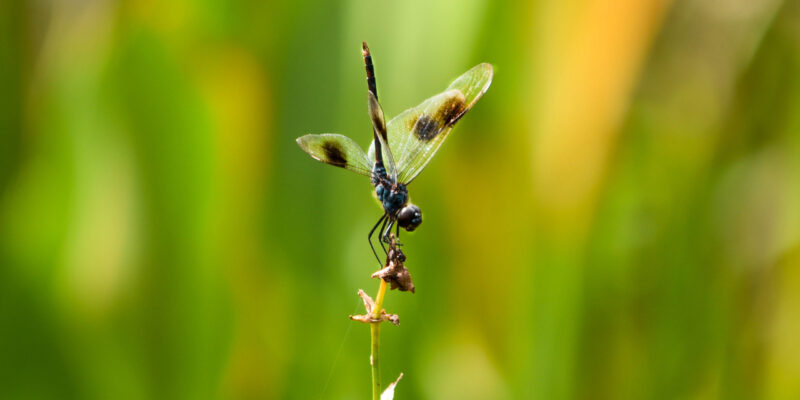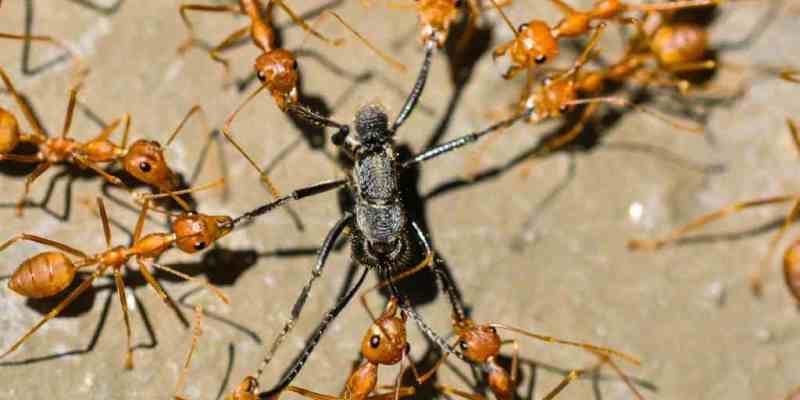Insect Conservation and Diversity
Call for Papers
Restoration and rescue in an age of extinction: advances in arthropod reintroduction (and translocation)
Submission deadline: Sunday, 31 March 2024
Efforts to restore biodiversity increasingly include the reintroduction of species to areas from which they’ve been extirpated and are unlikely to recolonize naturally, and translocations to extant but declining populations. Many reintroduction and translocation efforts are underway for insects and other terrestrial arthropods, covering several major taxonomic groups and occurring across the globe.
Many insect and terrestrial arthropod reintroductions are in the early stages and our understanding of best practices is, arguably, still not well developed. While lessons learned from vertebrate reintroductions apply, there also unique challenges and opportunities presented by arthropods. A comprehensive assessment of arthropod reintroduction and translocation across broad taxonomic groups, in the context of theoretical considerations, is timely.
One commissioned review paper will provide a general assessment of factors relevant to reintroduction success and best practices for terrestrial arthropods.
In addition to papers documenting and describing reintroduction or translocation efforts (both successful and not successful, and at various stages), we welcome papers, including reviews or meta-analyses, that touch on relevant topics such as:
- addressing trophic and mutualistic interactions in reintroduction
- post-introduction monitoring
- captive breeding for reintroduction and translocation
- reproductive parasites (e.g., Wolbachia) and insect reintroduction
Guest Editors:
Nusha Keyghobadi
University of Western Ontario
Jaret Daniels
University of Florida
Keywords: Reintroduction; Restoration; Captive breeding; best practices; Translocation
Submission Guidelines/Instructions
Please refer to the Author Guidelines to prepare your manuscript. When submitting your manuscript, please answer the question: “Is this submission for a special issue?” by selecting the special issue title from the drop-down list.
For queries, please do get in touch with the editorial office or the Special Issue Co-Editor Nusha Keyghobadi.
Author Guidelines
Open Access queries


